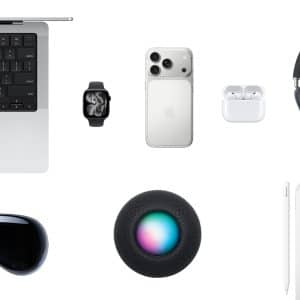TheTruthSpy’s latest vulnerability lies in its flawed password reset mechanism, which Wade demonstrated by easily resetting passwords on test accounts. This exploit enables malicious actors to hijack accounts and access dashboards containing victims’ personal data, often collected without their knowledge. TechCrunch verified the flaw’s severity but withheld technical details to prevent further abuse. The simplicity of the exploit highlights a critical weakness: TheTruthSpy prioritizes surveillance functionality over basic security, leaving both victims and perpetrators vulnerable to third-party attacks. Such flaws are particularly alarming given the spyware’s use in invasive monitoring, often in domestic abuse scenarios.

A Troubled History of Breaches
TheTruthSpy, operated by Vietnam-based 1Byte Software under director Van Thieu, has a long history of security failures. In 2021, TechCrunch exposed a bug that left data from 400,000 devices accessible online, including texts, photos, and location histories. A 2023 breach compromised an additional 50,000 devices, leaking sensitive information and exposing the spyware’s poorly secured backend. Despite these incidents, TheTruthSpy has made no meaningful improvements, even as it rebrands to PhoneParental to evade scrutiny. Thieu’s claim to TechCrunch that he “lost” the source code, preventing fixes, raises serious questions about the operation’s competence and commitment to user safety.
The Stalkerware Network’s Weak Links
TheTruthSpy is part of a broader ecosystem of nearly identical Android spyware apps, including Copy9 and the now-defunct iSpyoo, all built on the same vulnerable JFramework software stack developed by Thieu. These apps, often marketed as parental control tools, are frequently misused for illegal surveillance, hiding from device home screens while uploading data to abuser-accessible dashboards. The latest flaw affects not only TheTruthSpy but also its companion apps, amplifying risks for victims across regions like Europe, Southeast Asia, and the United States. This interconnected network of spyware heightens the potential for widespread data exposure.
Systemic Issues in the Spyware Industry
TheTruthSpy’s repeated failures reflect a broader problem in the stalkerware industry. TechCrunch has documented 26 spyware operations leaking or exposing data in recent years, with apps like Spyzie, Cocospy, and Spyic suffering similar vulnerabilities. These programs often operate with minimal security, leaving sensitive data open to hackers. TheTruthSpy’s reliance on the outdated JFramework, even in its rebranded PhoneParental form, exemplifies this neglect. The ease of exploiting these flaws, combined with operators’ apparent indifference, creates a vicious cycle of breaches that further victimizes those already targeted by surveillance.
Protecting Yourself from Spyware
Victims of TheTruthSpy can take steps to mitigate risks. TechCrunch offers a free spyware lookup tool to check if an Android device’s IMEI or advertising ID appears in leaked data sets. Malwarebytes, part of the Coalition Against Stalkerware, recommends scanning devices with anti-malware software to detect hidden apps, though removal may notify the abuser, requiring careful planning. The National Domestic Violence Hotline (1-800-799-7233) provides 24/7 support, advising victims to create safety plans before acting. Raising awareness about stalkerware’s risks and pushing for accountability in the industry are critical to protecting users.
The Need for Accountability
TheTruthSpy’s ongoing vulnerabilities highlight the need for stricter regulations on consumer spyware. While marketed as monitoring tools, these apps often enable illegal surveillance, particularly in abusive relationships. The industry’s failure to secure user data not only violates victims’ privacy but also exposes them to secondary threats from hackers. As long as operations like TheTruthSpy continue without addressing their flaws, users remain at risk, caught between the dangers of surveillance and the fallout of data breaches.








